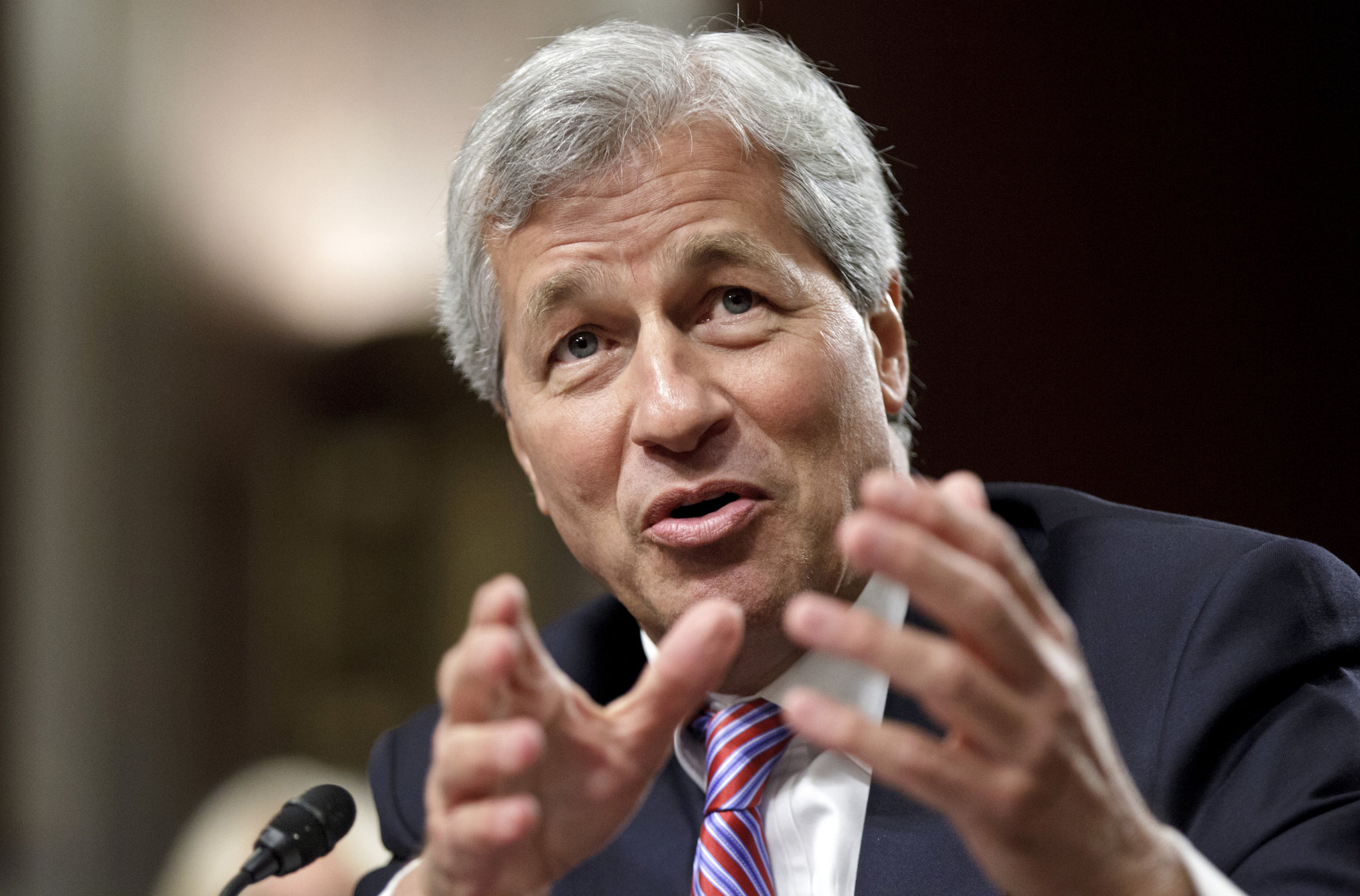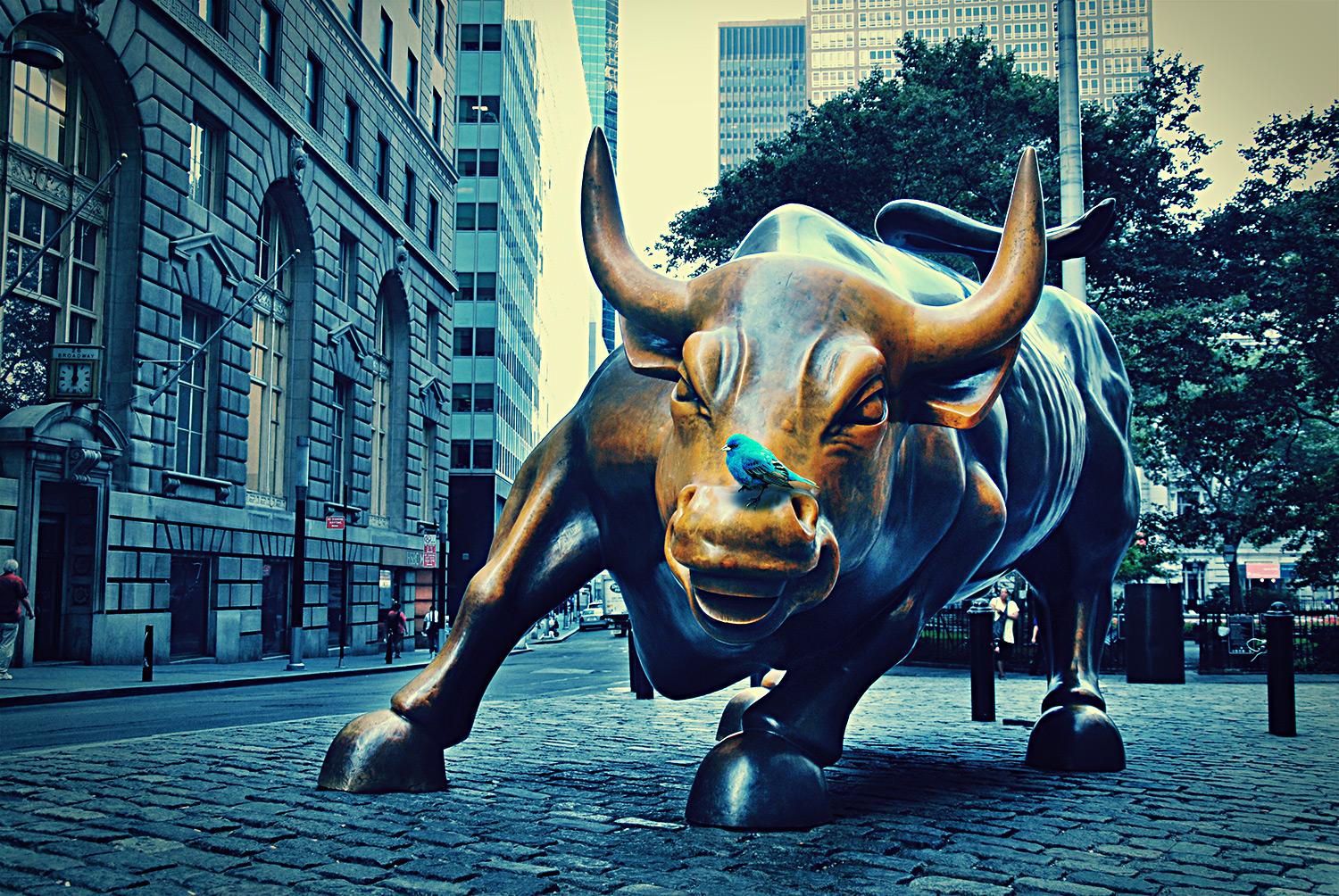By: Quinn Rogness

Five years after the height of the economic crisis, corporate America has faced few, if any, repercussions with regard to its involvement in the recession. JPMorgan Chase just recently announced a 13 billion dollar settlement with the government, as well as a 4.5 billion dollar settlement with institutional investors. In addition to this financial settlement, federal prosecutors in California are considering bringing criminal charges against the firm in relation to its role in the financial crisis. Despite the involvement of investment banks in the financial crisis, no top executives have faced criminal charges, and no other firm besides JPMorgan has faced civil sanctions from the government as of yet. Outside of investment banks, hedge fund SAC Capital recently settled for 1.2 billion dollars, pleading guilty to insider trading. Many of the firms traders have also been indicted, yet the firm’s founder, Steven A. Cohen has faced no criminal charges to date. The economic meltdown, along with the alleged fraud occurring on Wall Street, has tainted the name of many financial institutions, and incited anger from those on Main Street. Questions remain for the future. Will more investment banks face civil suits from the U.S. government? Will any top bulge bracket bank executives or traders face criminal charges? What will become of the SAC Capital case and its founder Steve Cohen?
On October 19, JPMorgan Chase announced that they had reached a 13 billion dollar settlement with the Justice Department in regards to their risking lending practices that contributed to the subprime mortgage crisis. The settlement came after long negotiations took place between JPMorgan CEO Jamie Dimon and Attorney General Eric Holder. The Justice Department refused to sign a nonprosecution agreement in relation to criminal investigations into the firm’s mortgage-based security trading, which was one of the main culprits behind the economic crisis. JPMorgan looks to be the first in a long line of major financial institutions that will have to pay fines for taking unnecessary risks that led to the banking industry’s turmoil in 2008.
It is eyebrow-raising that JPMorgan is the first of the banks to face civil sanctions and fines, because the bank has historically maintained a relatively good relationship with Washington, largely in thanks to their charismatic CEO Jamie Dimon, whose management has earned him praise from President Obama on multiple occasions. During the financial crisis, Dimon’s firm and the government managed to string together a symbiotic deal for JPMorgan to acquire collapsing bank Bear Stearns at just $10/share. Unfortunately, the economy continued into a tailspin, and many financial institutions had to receive a government “bailout” in order to maintain enough capital to survive and continue lending in an unconfident and uncertain market. Despite being one of the more solvent banks on Wall Street, JPMorgan still received a 25 billion dollar capital injection (in the form of selling preferred stock to the government) during the height of the financial crisis, and these bailouts have angered many in the general public.
Due to bailouts costing taxpayers’ money, the government will likely seek to fine other major financial institutions, as well as insurance firms such as AIG who took an enormous amount of risk in terms of being liable to pay out too many credit default swaps when a mortgage failed. Despite these fines, it is unlikely that any top bank executives will face criminal charges, unless there are findings of severe fraud or persistent disregard for financial regulations. Even former Lehman Brothers CEO Dick Fuld will likely never face criminal action, despite his hubris, overaggressive business plan, and personal attachment to his firm (he had been CEO since 1994) that led to the firm’s downfall. To be fair, Fuld’s professional career has been largely ruined, and having a bad business model over-reliant on mortgage-backed securities and commercial real estate is certainly not a crime, although it does display a lack of caution, oversight, and risk management. The dominoes are just beginning to fall, and one could expect the Justice Department to negotiate settlements with numerous other institutions which required tax-payer funded capital injections.
The misguided and aggressive approach taken by investment banks in relation to real estate and mortgage-backed securities is not to say there aren’t criminal cases of fraud, greed, and dishonesty in the financial services industry. Hedge fund SAC Capital Partners recently pleaded guilty to multiple counts of insider trading, agreed to pay 1.2 billion dollars in a settlement, and vowed to stop managing investments for outside clients. Many traders in the firm are also facing criminal charges, however Steven A. Cohen (the firm’s manager) isn’t facing criminal action as of yet. This has caused great uproar: as this is a clear-cut case of fraud, deception, and dishonesty, as opposed to a systematic and industry-wide failure of a business decision. While many will suffer great fallout from SAC Capital’s sanctions, the jury is still out as to the full extent of criminal punishments that will occur.
Wall Street is beginning to pay for its recklessness. The tax-payer funded bailouts will cost the investment banks and financial institutions in the form of fines and relief funds for struggling homeowners. These fines will be justified in the fact that these institutions took great risks, and placed too much of their business in commercial real estate and mortgages, as well as maintaining an over-leveraged balance sheet. This, however, does not indicate criminal wrongdoing, as the Federal Reserve, U.S. Congress, investment and commercial banks, and the American consumer all placed too much faith and credit in the idea that a real estate values could never decrease; the profitability of real estate securities created a blind spot towards the risks that our economy was facing. This does not mean that there are no instances of financial fraud, and that the public outrage towards the finance industry is unfounded. If history is written correctly, collective blame for the recession will be taken by all institutions implicated, and all individuals responsible will have paid the price for their part in some way, shape, or form. Wall Street will learn through fines and regulation to be more cognizant of the risks they take, and saving money through risk management will become just as valuable as making money through trading, and the fines coming to the financial institutions will cement this change for the future of finance.

